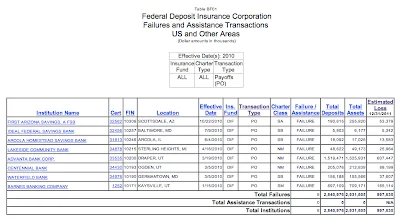Same as it ever was.
The Kurds have been pretty much voiceless in the West since Winston Churchill first threw them under the bus in 1919 and used British air forces to attack them, advocating eventually that Turkey be given control of northern Iraq.
NATO members once more are ignoring Turkey’s role against the Kurds. This concerns internal Kurdish oppression in Turkey, bombing the PKK and Yazidis in Northern Iraq and killing and cleansing Kurds in Northern Syria. ...
NATO, the European Union, and the G7 anti-Russian Federation alliance ignore human rights in Turkey and the fact that this nation is occupying two nations (Northern Cyprus and Northern Syria) – while also bombing Kurds and Yazidis in another nation (Iraq). At the same time, the EU and G7 seek Saudi Arabia to increase energy production. Therefore, ignoring the conflict in Yemen: the Saudi Arabia-led war that has been bombing this nation for many years (weapons bought from America, France, and the United Kingdom).
The Kurds are perennially thrown under the American and NATO bus. Hence, Finland and Sweden are set to join the anti-Kurdish power plays of NATO before even being accepted.
More.












